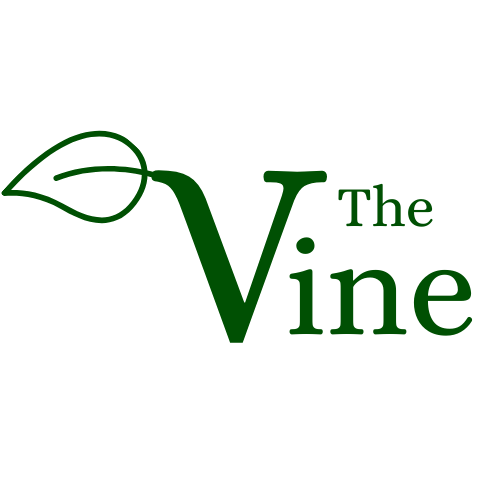Infected Citrus Tree Found in Irvine
Beautiful lemon trees like this one are at risk due to an outbreak of Huanglongbing or HLB. Photo credit JD Designs
When The Vine spoke with Dr. David Morgan from the California Department of Food and Agriculture (CDFA) earlier this month, he suspected a pandemic was lurking in our backyards. Huanglongbing, or HLB, is a bacterial infection that kills citrus trees and threatens the citrus industry in California. Since our conversation, the Citrus Pest and Disease Prevention Division of the CDFA has confirmed its first case of HLB in Irvine.
There is currently only one tree with HLB in Irvine, but more will likely be detected.
The CDFA continues to treat our area by releasing the parasitic tamarixia radiata wasp, a natural predator of the Asian citrus psyllid that spreads HLB. The wasp alone won’t rid of us HLB. Just like with COVID-19, we all need to play a role to stop the spread.
To save Irvine citrus trees and limit the spread of HLB and the Asian citrus psyllid:
Inspect trees for the Asian citrus psyllid and HLB monthly, and whenever watering, spraying, pruning or tending trees. Psyllids are most noticeable when new leaves are growing on the tips of the branches. If you spot the pest or disease, call the CDFA hotline (800-491-1899).
As part of your tree care, get advice from a local nursery or garden center on products that can help protect your citrus tree.
Do not move citrus plants, foliage or fruit into or out of your area, and especially across state or international borders. This could contribute to the spread of the pest and the disease.
When planting a new citrus tree, be sure to get your tree from a reputable, licensed nursery in our area.
For those with advanced gardening skills: if grafting citrus trees, only use registered budwood that comes with source documentation, such as the budwood offered through the Citrus Clonal Protection Program.
Be sure to dry out citrus tree clippings or double bag them before removing the plant material from your property.
Protect our mojitos! Keep your citrus trees HLB free by following CDFA instructions. Photo credit Rohit Tandon
Now that Irvine is a city with active HLB infections, agricultural officials will be in the area visually surveying citrus trees for signs of HLB and Asian citrus psyllids. It is important for Irvinites to cooperate with these officials to stop the spread of the disease. The CDFA provides information on what to expect during a visit to surveil citrus trees. Due to COVID-19, protocols have changed and officials will only survey trees in front yards. They will not knock on doors. If there is a citrus tree or trees in your backyard they will leave a notice at the door for the resident to schedule an appointment for them to come back for an inspection.
Keep in mind that while ant colonies are less active in winter, they will come roaring back this spring and inhibit the tamarixia wasps’ ability to control Asian citrus psyllid populations. Prepare to control ants in your yard now. You can find tips on this and other gardening suggestions from our conversation with Dr. Morgan about how we can help control HLB in our gardens.
While we are all under stay-at-home orders due to one pandemic, we have an opportunity to fight against another illness. Let’s save Irvine’s citrus trees before it’s too late.


